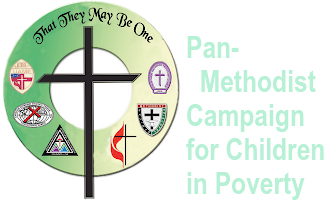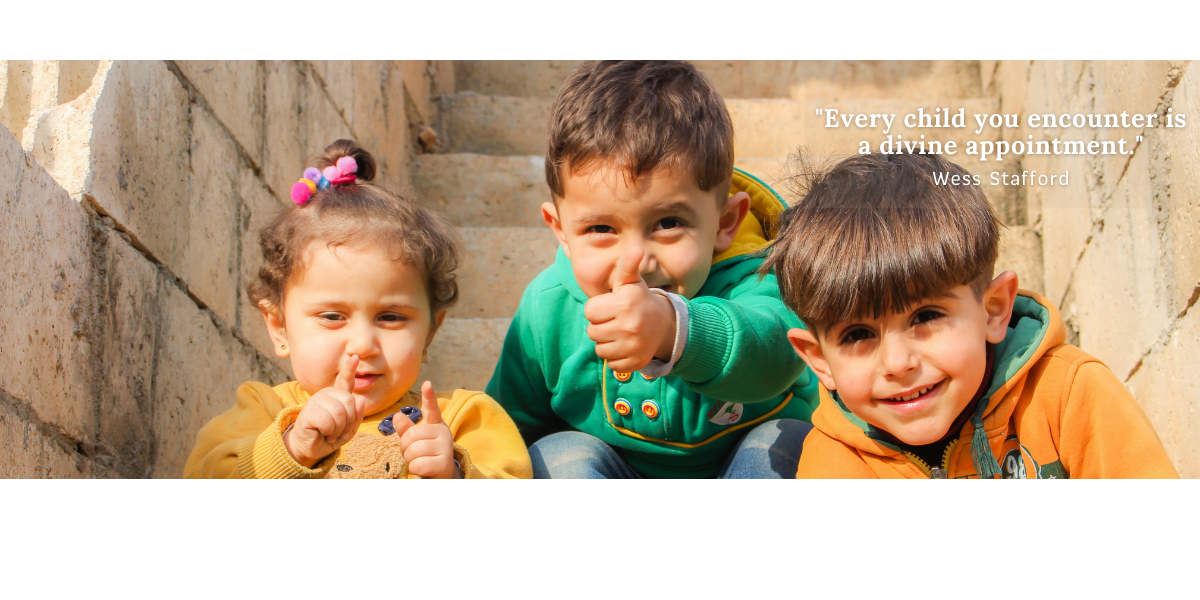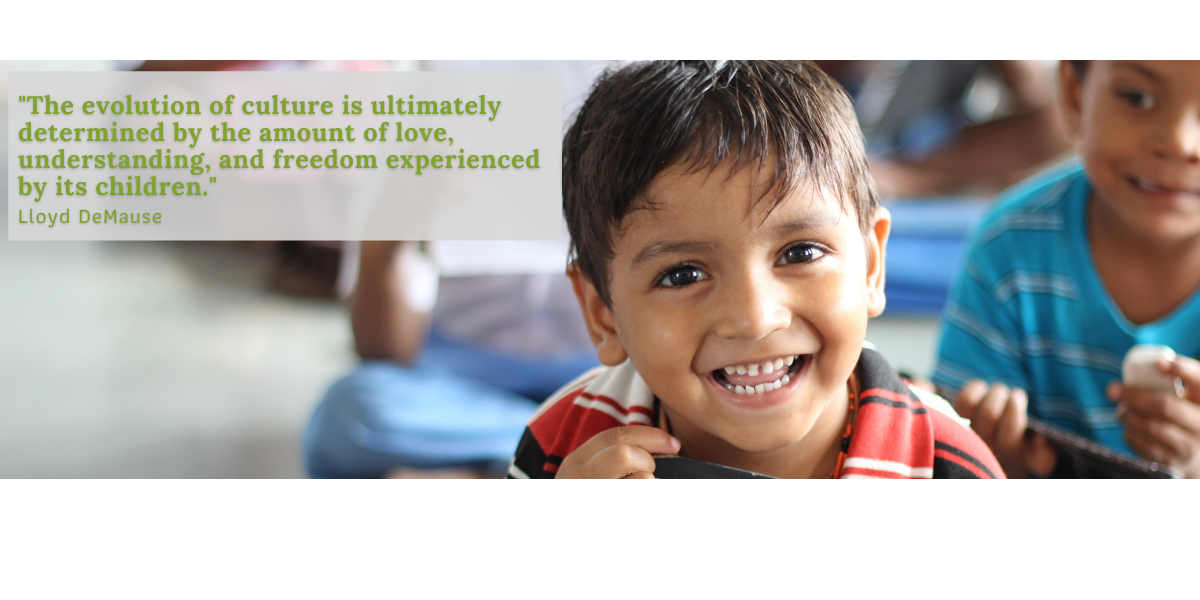[Aug 2015] Our work with and focus on children are very comprehensive and, when done right, very fulfilling. One could, perhaps liken it to a dingy in the middle of the Indian Ocean tossed to and fro but from which land can be sighted.
The Childcare Desk of the Methodist Church of Southern Africa (MCSA) was formed 6 years ago with the purpose of moving the Methodists from an attitude of complacency as far as children are concerned, to their active participation in understanding the needs of children as well as nurturing, guiding and growing children as todays hope for tomorrow.
The objectives of the MCSA Child Care Desk are to:
- ensure that the MCSA becomes Youth and Child Friendly by safeguarding children from harm including all forms of abuse (structural, psychological, environmental and physical)
- strengthen programmes providing services to children at District level;
- support existing programmes and make them compliant to contemporary national and global legislation;
- ensure that all people working with children are vetted;
- promote the capacity building of all child care workers or practitioners in a bid to redress past imbalances where the care and training of children was left to the untrained/unschooled.
- collect and collate data of children’s programmes from Districts;
- Align all in-house child care policies with national and global legislation for appropriate implementation of quality care services for all our children.

An example of one of the better equipped nursery schools in Rundu, Namibia. The teacher is a former student of the school and has opted to ‘give back’ to her community after receiving her teacher training education.
The bottom line for the Church is that children’s rights and needs are upheld by all and this is achieved through mainstreaming these in all church programming. The MCSA operates in 6 southern Africa countries namely, South Africa, Swaziland, Lesotho, Botswana, Mozambique and Namibia. These are further divided into 12 Districts headed by Bishops who have identified child care champions to run relevant programmes within their districts. The district child care work is at different levels of development and the Connexional officer gives them support accordingly.
There are a range of issues confronting children and their parents such as poverty, illness (HIV and AIDS) child headed families; deprivation, lack of education and loss of heritage due to a widening generation gap and a high parent death rate due to illness.
While the needs are numerous, we have focused our attention specifically on compliance with current legislation and on highlighting the importance of children as an integral part of the church and our responsibility to nurture them in the ways of God. Above all this, we also focus on the provision of basic needs such as food, water, shelter, love, a bath, health and hugs.
The MCSA, through dedicated volunteers and donations has been able to address some of these basic needs through:
- Soup kitchens providing in some cases one meal a week and in others a meal a day.
- The distribution of food parcels
- Giving toiletry supplies where formal health talks are given to children, both boys and girls from 10 years old.
- Women’s organizations that supply school uniforms and have been known in some cases to adopt and holistically care for entire child- headed families.
There are many churches and church ministries doing their best to ensure that the lives of children are bearable, however, we should be careful that doing good for children does not further compromise their safety and wellbeing. Compliance of both staff and programs is a serious matter, and sensitizing all to uphold protocols and ensure that children are treated with respect and dignity is pivotal in all our responses. As we join the Pan-Methodist Campaign for Children in Poverty to feed children, we will be mindful that we also teach and address gaps in appropriate care and support and encourage self-reliance and self-worth.
CASE STUDY
Rundu is a rural town 786 KM from the Namibian capital Windhoek. The children learn in dilapidated structures but these do not stop them from attending classes. In the morning, driving out of the Okavango towards Windhoek Ione sees children trudging to school, dressed in an array of clothing with a few in uniforms. Most striking about these children though is that instead of back-packs bulging with books, these children carry fire- wood with which fires will be made to cook any food provided by the schools. This may constitute their one meal of the day and may act as the driver to school attendance.
(Submitted by Victoria Sikhakhane, Coordinator)







